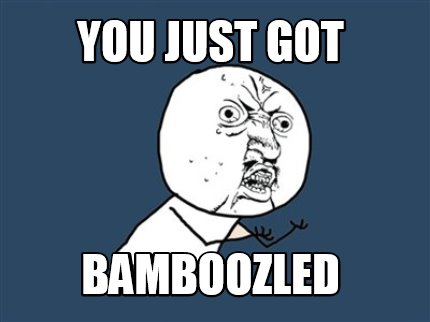Good lord, I noticed just now that this blog post didn't successfully get submitted last night. Okay, okay, I know that it sound like a very lame excuse for a late submission but it's totally true!
Canning the excuses and moving on, let's go to what I learned the past two weeks...
Physical security. Yep. That's one out of the two things that we focused on. Physical security is exactly what it sounds like: security through physical means, as opposed to using "abstract" defenses like firewalls and such. Physical security entails a LOT of work. Using different types of extinguishers is obvious. Knowing that he number of entrances should be limited is totally logical. Physical security almost sounds easy. Suddenly, the little, yet significantly many things called Minute Details swarm at you and bit your butt. Different door types? Bollards? Natural pathways to direct you to common - or in some cases, private - areas. Did you even know that they have different kinds of sprinklers (see wet and dry pipes)? Apparently, security goes beyond crime prevention and extends until damage control. I actually asked my father (who I call Tay) for tips. He said that it is indeed a very serious affair. Fire exit corridors have to be made out of non-flammable material, including the paint. Everything has to be earthquake-proof. He even mentioned this one time when they got tasked to create a paint factory; electrical conduits have to be triple-gasket-sealed cause the high-voltage wires could ignite the chemical-riddled air at some areas. Everything's really serious here. And we aren't even dealing with software here.
The second lesson was all about security through network structure. Now, this was something that really interested me. For example, did you know that a network generally has three zones in an enterprise environment. We have the untrusted zone (basically the internet, world wide web for us normies). We have the demilitarized zone or DMZ, which contains the servers. It separates the servers from the rest of the LAN segments. DMZ was derived from the Korean Military Zone (that's a fun fact). There are various ways to create DMZs, the most secure being containing it within two firewalls (outgoing and incoming). We also have intrusion detection systems like Snort and many other threat-deterring snares.
That's about it for this week. Again, I'm sorry for the post being late. As a side note, I feel very motivated to pass our final exam. No, it's not about the meal from Shakey's promised to us. I really, really, want to pass the test, for a reason that I have yet to ascertain. Rest assured, I will learn a lot from my study reviews, regardless of whether I pass the test.
This is my second to the last blog post dear reader(s). Thanks for riding along this brain train. Have a nice- (life, day, afterlife, existence, etc).
